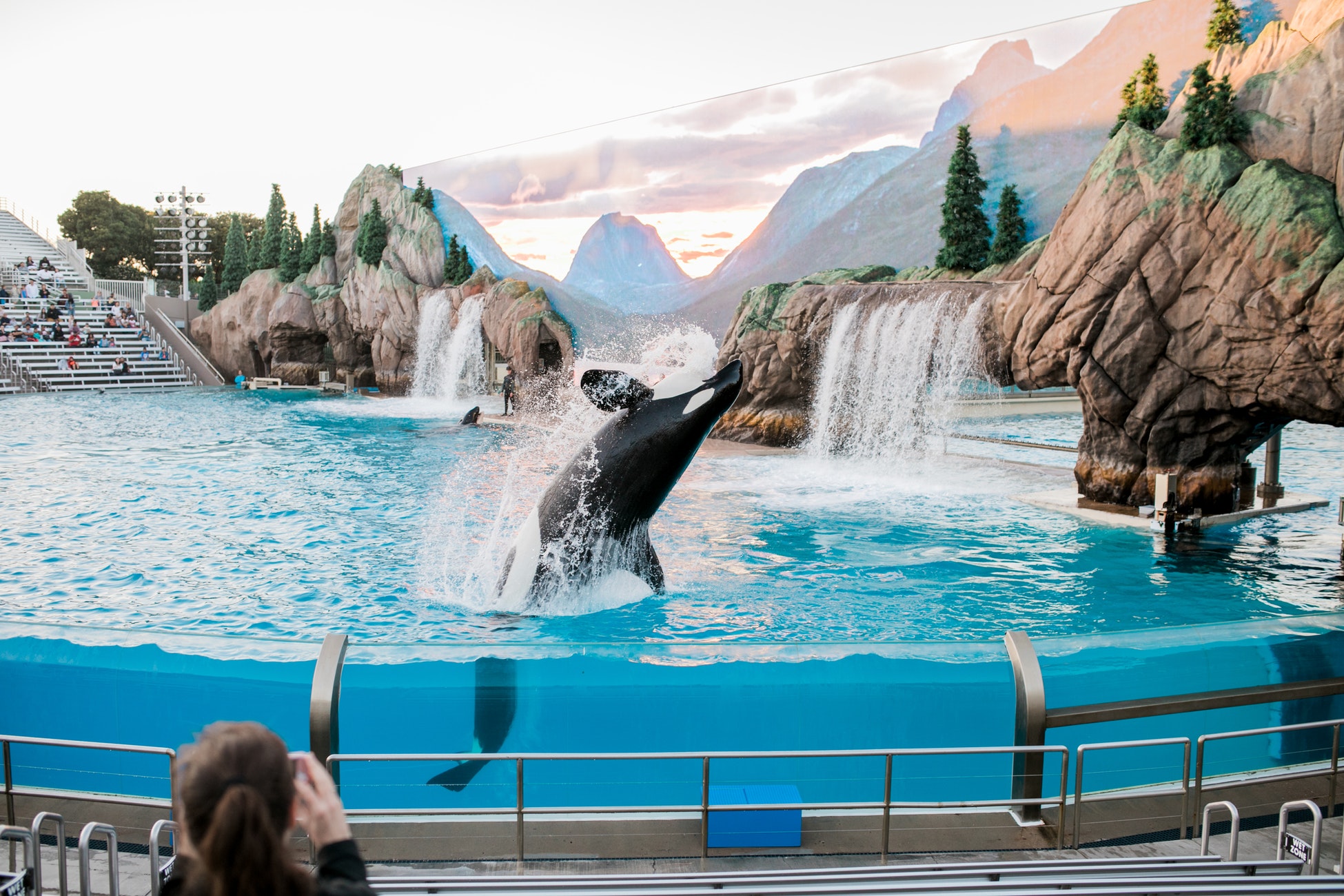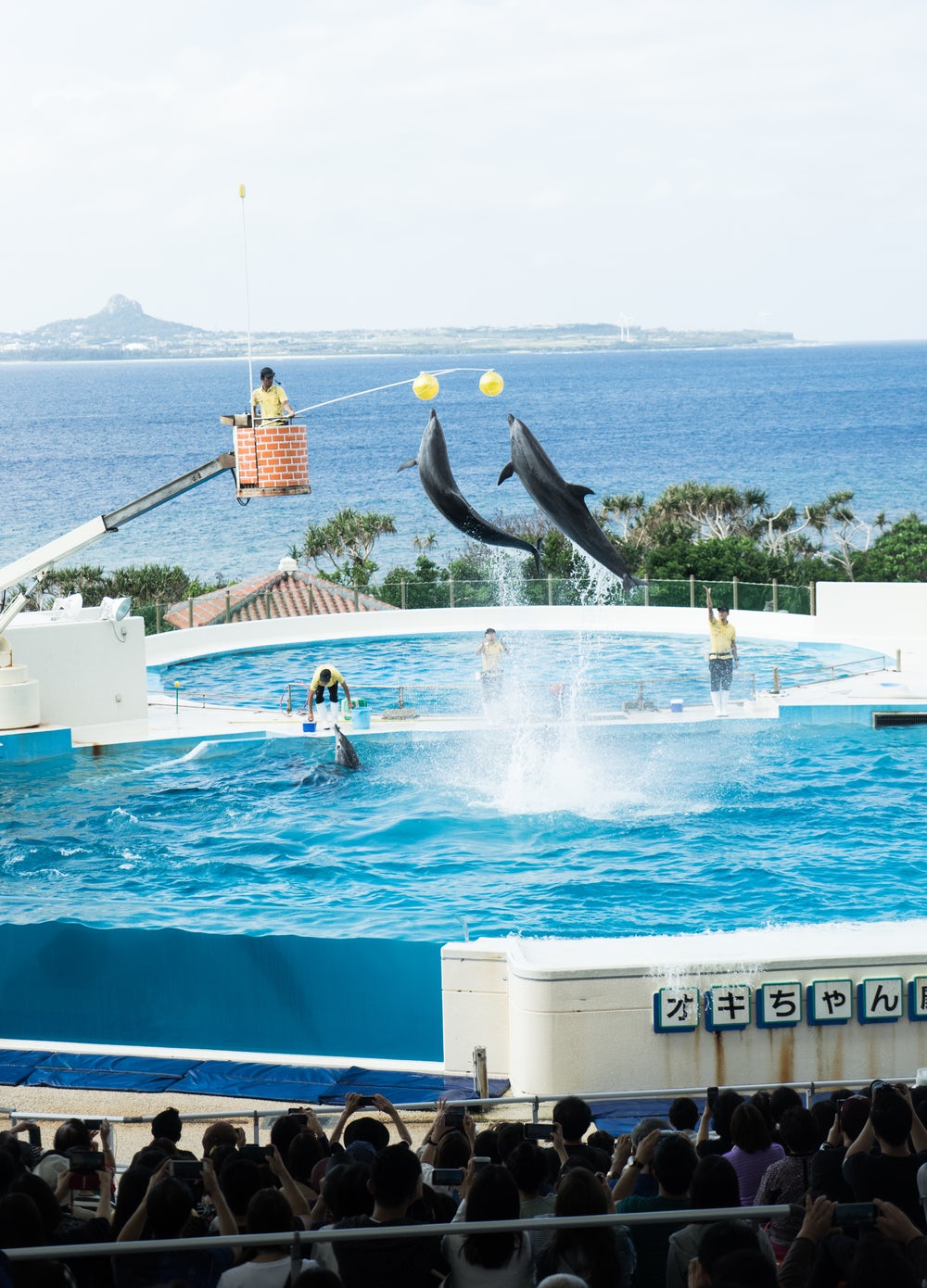
- Inspiring People -
- 4mins -
- 372 views
FINALLY CANADA PASSES HISTORIC CETACEAN ANTI-CAPTIVITY LAW
Canadian lawmakers passed legislation on June 10 banning whale, dolphin, and porpoise captivity in the country.
Whales, dolphins and porpoises can no longer be bred or kept in captivity In Canada
The federal bill was approved in the House of Commons on Monday 10 June after first being introduced in the Senate in 2015. It now requires only royal assent to become law. Under the new law the practice of holding whales, dolphins and porpoises will be phased out, though animals currently in captivity will remain. It also bans the capture of wild dolphins and whales, or cetaceans, as well as the practice of captive breeding and the import and export of such animals.
Canada finally passes ‘Free Willy’ bill banning cetaceans in captivity
Ottawa, 6/10/19: Canada made history on Monday with the passing of Bill S-203: Ending the Captivity of Whales and Dolphins Act. Bill S-203 will prohibit breeding, imports, exports and live captures of whales, dolphins and porpoises across Canada, building on Ontario’s Bill 80, which was passed on May 28, 2015.
Two aquaria in Canada currently house captive cetaceans, including the Vancouver Aquarium in British Columbia and Marineland of Canada, in Niagara Falls, Ontario. The following cetaceans in their inventories will be grandfathered into this legislation:
- Vancouver Aquarium – one Pacific white-sided dolphin (Helen)
- Marineland of Canada – one orca (Kiska), five bottlenose dolphins (Tsunami, Echo, Lida, Sonar and Marina) and approximately 55 beluga whales
For well over three decades, Ric O’Barry, Founder/Director of Dolphin Project, has vigorously supported local efforts in Ontario to bring awareness to the plight of captive marine mammals. Dolphin Project has helped pass legislation all over the world to help protect dolphins and will continue to help do so until all the tanks are emptied.
“Canada is now on the right side of history with the passing of Bill S-203: Ending the Captivity of Whales and Dolphins Act. Thirty years ago, I was sent a very disturbing photo of a dolphin named Duke, a bottlenose dolphin who for decades performed at Marineland in Niagara Falls until his demise in the early 1990s. Duke was in fact the most beat up dolphin I had ever seen. Thank you Cara Sands for standing up for Duke when nobody else would. This one is for you and Duke. It’s been a long time coming.” — said O’Barry.
Source: DolphinProject

Free Willy ban popular with animal rights groups but not with everyone
Under the new law, nicknamed the "Free Willy ban," parks and aquaria that violate the provisions could face fines of up to C$200,000, or more than US$150,000.
However, the bill does make exceptions for the cultural traditions of indigenous peoples in the nation.
The new law in Canada comes after multiple documentaries in recent years have focused on animal living conditions within theme parks. One such film, CNN’s “Blackfish,” raised questions about whether animals can thrive in confinement and criticised in particular SeaWorld’s treatment of killer whales.
Animal rights groups including PETA and the Humane Society International/Canada have hailed the decision as a positive step toward addressing animal cruelty.
“The passage of Bill S-203 is a watershed moment in the protection of marine animals and a victory for all Canadians," Humane Society International/Canada Executive Director Rebecca Aldworth said in a statement.
"Whales and dolphins don’t belong in tanks, and the inherent suffering these highly social and intelligent animals endure in intensive confinement can no longer be tolerated. We congratulate the sponsors of this bill and the Canadian government for showing strong leadership in responding to public will and sound science on this critical issue,” she added.
The Alliance of Marine Mammal Parks & Aquariums, however, said in a statement to The Hill that the move "will needlessly tie the hands" of marine mammal advocates.
"Just as new science has shown that dolphins in zoos and aquariums live as long as or longer than their counterparts in the wild, the Canadian government has chosen to ignore those findings and pass a drastic and misguided measure that will deny Canadians the opportunity to see and experience these amazing animals up close and in person and will over time deteriorate its experts’ marine mammal expertise that has contributed so much to the well-being of marine mammals in human care and in the wild," the group said.
Source: TheHill.com


